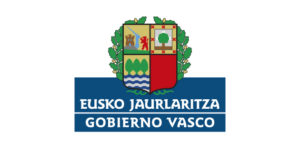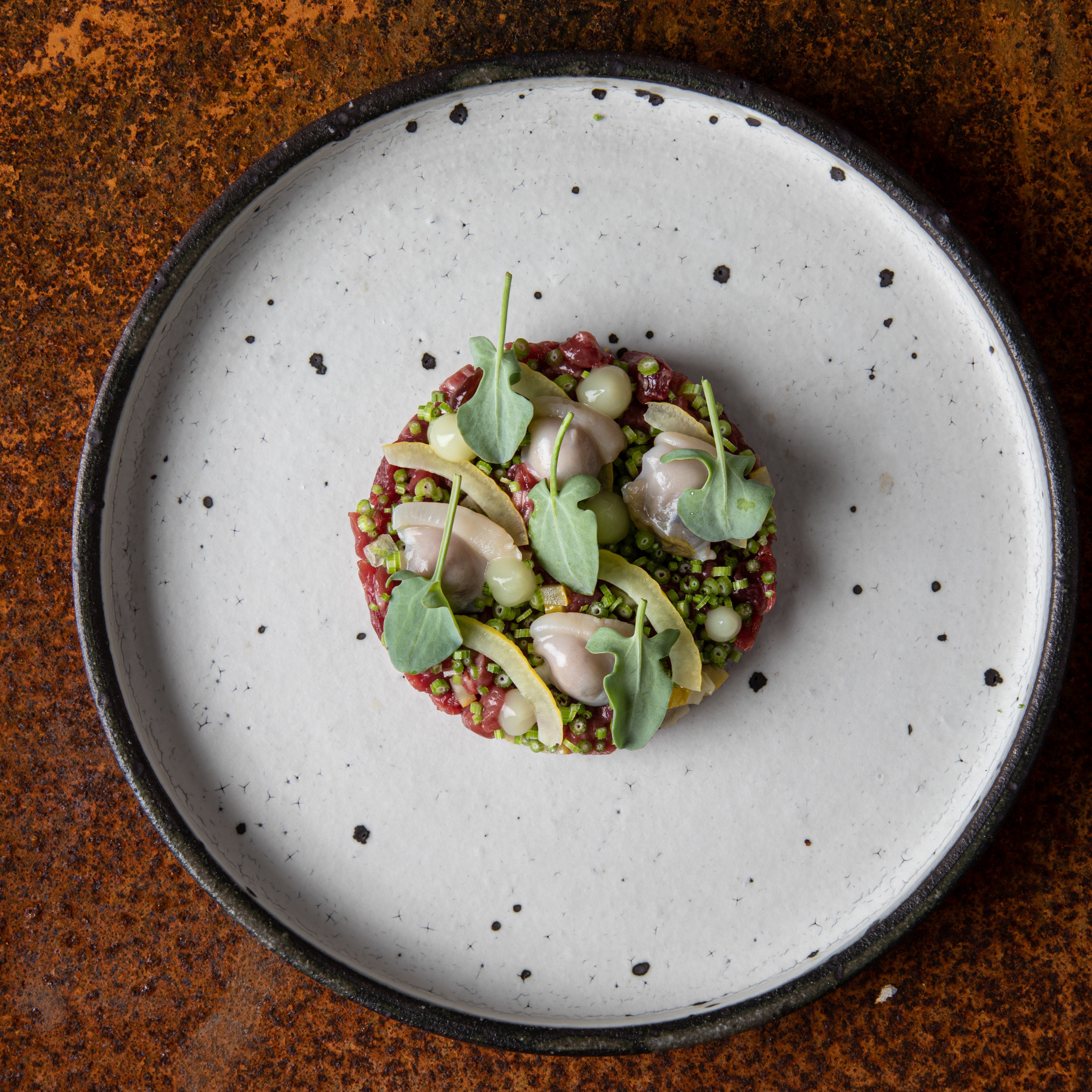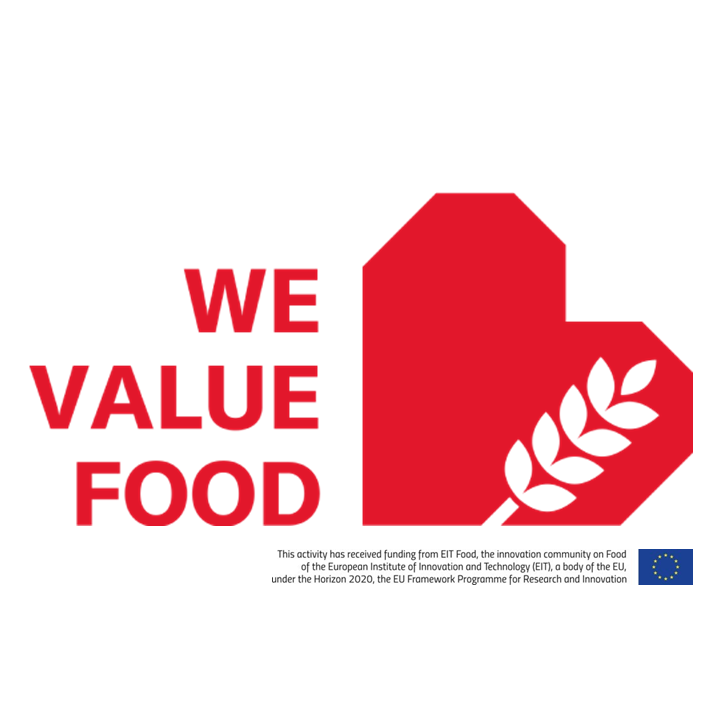SENSOIZAN
About the project
Role of flavor and other sensory modalities in gastronomic identity and changes in flavor trends
Interest in gastronomy increases every year, highlighting the reconnection with origin, product, and tradition as current trends. Gastronomy not only distinguishes a territory but also promotes its image, culture, and identity. However, the concept of ‘gastronomic identity’ still requires deeper investigation from a sensory perspective. This entails exploring the correspondences between food stimuli and the elaborations specific to a gastronomic culture with the consumer’s perception of cultural identity.
Geographical environment, climate, and cultural factors such as religion, history, and ethnic diversity directly influence food choices and perception. Association with a specific gastronomic identity impacts expectations about the product and, therefore, its acceptance. In this context, the SENSOIZAN project aims to study the role of flavor and other sensory modalities in different gastronomic identities, as well as trends and changes in Basque gastronomy.
SENZOIZAN seeks to understand the impact of flavor and other sensory modalities on Basque gastronomic identity and different Mediterranean culinary cultures, in addition to analyzing current flavor trends and their potential impact.
BCC Innovation, a technological center specialized in gastronomy at the Basque Culinary Center, focuses on generating knowledge about what we eat and how we eat it. This project is part of the sensory analysis research strategy, which aims to understand the relationship between food, people, and context to influence consumer eating habits and preferences, promoting healthier and more sustainable eating habits.
The project is funded by the Department of Economic Development and Infrastructure of the Vice Ministry of Agriculture, Fisheries, and Food Industry of the Basque Government.

PROJECT INFO
- Author: BCC Innovation
- Published Date: 9 Apr, 2024
- Category: RESEARCH, SENSORY ANALYSIS





